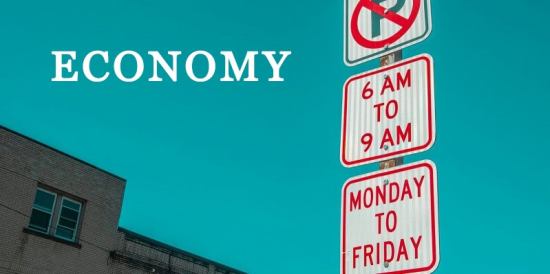
With a series of articles and analyses below, Finance Watch sheds light on the possible impact of the Corona-Crisis on finance, the economy, people and the environment.
For us, it is most important that, even in the midst of the current crisis management, we do not lose sight of what holds our society together: if we want to come out stronger and more resilient, financial regulators and supervisors have to ensure that the necessary support they give to financial institutions to face the crisis benefits society and not private interests.

- In early March, we already warned regulators and policymakers that easing bank regulation and supervision would further increase the risk of a financial crisis on top of a health crisis.
- Since then, many measures were taken by European bank regulators and supervisors which make a lot of sense in the current fire-fighting context.
- Still, some proposals are worrisome: for instance, postponing by two years the application of the accounting standard IFRS9 that enables the potential for losses on loans to be precisely measured is like breaking the thermometer so you can’t see if the patient has a fever. Read our full analyisis of COVID-19 Banking Package.
- The ECB’s massive support of the banking sector raises important questions as well: the use of those ‘non-standard monetary policies’ to channel funds to the real economy via the banking sector, as opposed to a coordinated package of fiscal measures, might not be the most efficient use of public funds.

- The present situation of financial markets, characterised by a sharp drop of prices and a peak of volatility, was triggered by a combination of negative news and the extreme difficulty of making economic predictions in the current context. Those conditions make the risk management of derivatives exposures particularly tricky and could have negative consequences in derivatives markets. Supervisors should monitor the situation very closely.
- There has also been a debate about closing financial markets, but despite all the imperfections of financial markets and their currently chaotic behaviour, the costs of closing financial markets in the middle of a crisis would, in our view, be higher than the cost of leaving them open.

- It appears very likely that the proposed stimulus packages will end up bailing out many over-leveraged firms. Even before the coronavirus crisis hit, the global economy was anything but robust. In combination with the fall-out from the pandemic it appears inconceivable that policymakers would risk a systemic crisis by letting debt‑laden businesses fail. ‘Zombie firms’ are likely to get a new lease of life – for now. Bail-outs will not solve the underlying problem, however: with interest rates likely to remain ‘lower for longer’ the temptation for companies to gorge on cheap debt will be as strong as ever.
- If anything, the COVID-19 crisis has demonstrated the fragility of our economic and financial systems. It will be essential, when its health dimension is under control, that policy-makers place the transition to a sustainable economy at the heart of recovery plans.

- The loss of income for vulnerable people, and the use of additional credit to get through this crisis could result in a massive increase in over-indebtedness in Europe. Here are our proposals on how to avoid it.
- In fact, more debt will not help Europe’s financially precarious, almost a quarter of households, survive the crisis. If finance is to serve society we should ease their debt burden, e.g. with moratoriums, together with broader measures to ensure a basic standard of living for all of Europe’s citizens.
- The dramatic impact this new health and subsequent economic crisis has on the most vulnerable brings another sad proof of the fact that we urgently need to increase borrower protection and access to financial services for vulnerable groups EU-wide, as we showed in studies that we published earlier this year.

- As the EU weighs up a massive economic recovery plan post-COVID-19, now is also the time to embed environmental goals at the heart of economic and financial decision-making. Nature-loss could cost a lot more than the corona crisis if we don’t act. The Corona-recovery plan and EU’s Green Deal are chances to tackle the economic and environmental crises together.
- At Finance Watch, we have just published a new report on Finance & Biodiversity entitled “Nature’s Return”. We hope that policy-makers take our key findings and recommendations into account for a true “Green Recovery Plan”.
Charlotte Geiger
Source: https://www.finance-watch.org/blog/our-dossier-covid-19-what-impact-on-finance-the-economy-people-and-the-environment/

